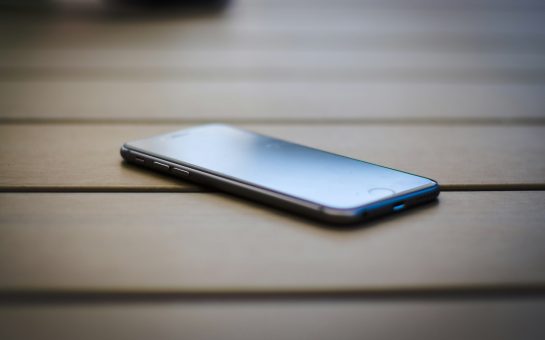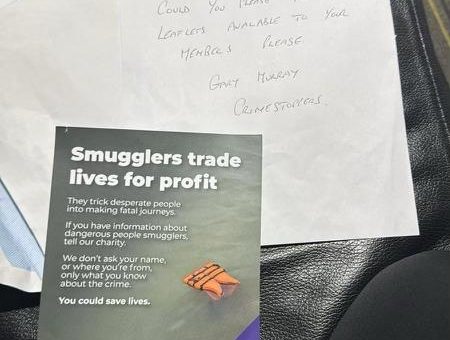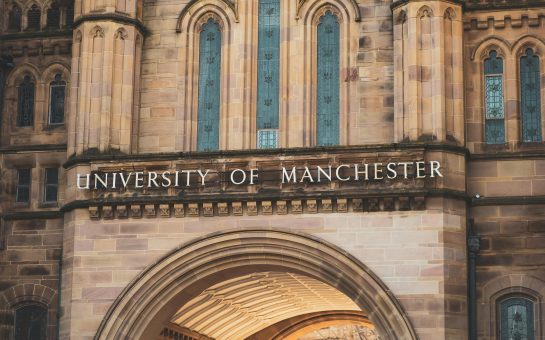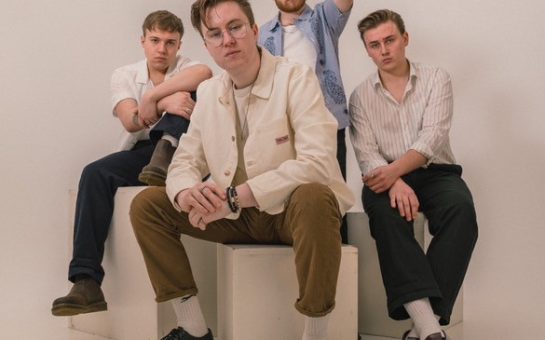A martyr of sport, a symbol of hope and living embodiment of Olympic Idealism.
Just a few of the many ways Tommie Smith has been described in the 50 years since a moment that put principle before personal interest and is known today as the Black Power salute.
Defining a movement alongside his teammate John Carlos, Tommie Smith will always stand in sporting history for what he did at the 1968 Olympics in Mexico during a time when racism was rife.
Raising his fists in defiance to the racial hatred consuming his country, Smith’s courage highlighted an issue far beyond the borders of his country and, amongst initial animosity, he was able to encourage future generations to learn and change the world for the better.
MM went along to a talk with the Olympian at the University of Manchester on Friday night where Tommie relived the event with local audiences and shared his views on the legacy his ‘salute’ has left on the world and the sporting landscape.
On this day 50 years ago, Oct 16, 1968 #TommieSmith #JohnCarlos bowed their heads & raised their fists in a silent gesture of protest on the rostrum during the medal ceremony after the 200m race to create one of the most historic and iconic images in sport @RunnymedeTrust @V4CE pic.twitter.com/MdbPKHq3Br
— Michelle Moore (@HelloMoore) October 16, 2018
Setting the scene
Smith’s act of defiance came in the latter stages of 1968 where the US was dominated by violence and tension as a result of the Vietnam War and the consequential uncertainty it had brought to the nation.
That year alone, the war has cost the US 16,000 lives, and the assassination of Martin Luther King earlier in the year had done nothing to quell ongoing race tension between the ‘white citizens’ and the ‘coloured citizens’ of the land of the free.
Historians suggest that the American culture that people knew was simply unwinding right in front of their very eyes and one that made life extremely uncomfortable for anyone willing to make a stand.
Tommie Smith, however, was just an athlete for all intents and purposes.
A natural sprinter that grew up working the fields for his father, dreaming on a better life.
Smith explained at the talk that he saw running as a way out of poverty, a form of escapism as you will, and ultimately he felt he owed it to others to join the protest group OPHR (Olympic Project of Human Rights) when he did to begin his role as an ambassador of defiance when he qualified for the Olympics.
The Olympics and the moment that changed everything
The Mexico Olympics alone were seen as monumental, given they were the first to be held in a third world country.
In the eyes of the Olympic Committee, that was an important moment indeed and one that could not be marred by political protests.
There was a general nervousness about what Smith and the ODPR could do and, as mere ‘coloured athletes’ in the eyes of the state and the committee, Smith and his teammates were expected to comply with the regulations they had set out.
The then Olympic Committee leader, Avery Brundage, threatened a complete disqualification and ban of the US team if Smith and his associates were to step out of line.
Smith explained in the discussion that the assumption of those above him was that “he must not hold idealistic views about his country” and that he shouldn’t use the Olympics to try and express them, although that was exactly what he was intending to do.
Eventually overlooked by the actions he took on the podium later in the day, Smith ran the 200m final alongside his teammate John Carlos.
Smith ran a world-record time of 19.83 seconds, becoming the first man in history to break the 20-second mark.
Followed up by Australian Peter Norman in second and his compatriot John Carlos in third, the former field labourer now had his moment on the podium and on the biggest stage to make a big statement.
Explaining to the packed lecture theatre on Friday night the overwhelming reasons for the stand he was going to make on that afternoon, Smith said: “In my mind I owed it to the people who did not have the platform to speak for change and act on their behalf.
“I felt I had to make a righteous stand to open up communications between ourselves and the government and this was one way of trying to do that.
“I knew I wouldn’t be the cure, but I wanted to prove a point about the systematic racism in my country and around the world.
“My stance was that even if the results weren’t immediate, I had to do this to end this.”
Having received their medals on the podium without their shoes and wearing a single back glove each, the time had come for Smith’s and Carlos’ remarkable act of defiance.
Describing his experience as he raised his gloved fist in the air, Smith said: “The only thing going through my head at the time was a distinct sense of fear.
“It felt like I had been up there for a month as the anthem went on and on.
“I genuinely thought I was going to get shot and that was the stark reality of what we were doing.”
The Aftermath
As the rendition of the Star Spangled Banner ended, Smith and Carlos exited the Olympic Stadium to a ring of boos as the enormity of what had just happened sunk in.
The duo were consequentially suspended by the Olympic Committee and subsequently headed home early in secret to avoid the inevitable backlash and the negativity surrounding their protest.
Their fall into social isolation only got worse in the immediate years to come with the pair receiving death threats on a regular basis.
With the hate all too much, Carlos’ wife committed suicide and slowly the two men drifted away from each other as they both individually experienced the lingering sense of rejection of their country that was evident for many years to come.
The present day and the legacy of the salute
50 years on, Smith retains a legacy that proved to be a turning point for social and racial injustice.
Now commemorated across the world for his stand, the Olympian left an enraptured Mancunian audience on a final word on whether it has made a difference.
“Yes, I do think I’ve made a difference as I’ve inspired more people to take a stand but that was the ultimate goal when I raised my fists 50 years ago.
“All I have done is open the eyes to the many people out there that there is still a job to do and that’s why it was worth it in the end.”
Main image courtesy of Arrow Films via YouTube, with thanks.



